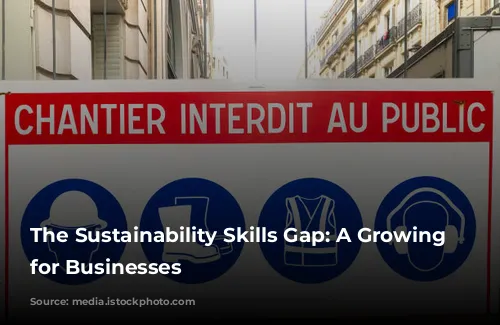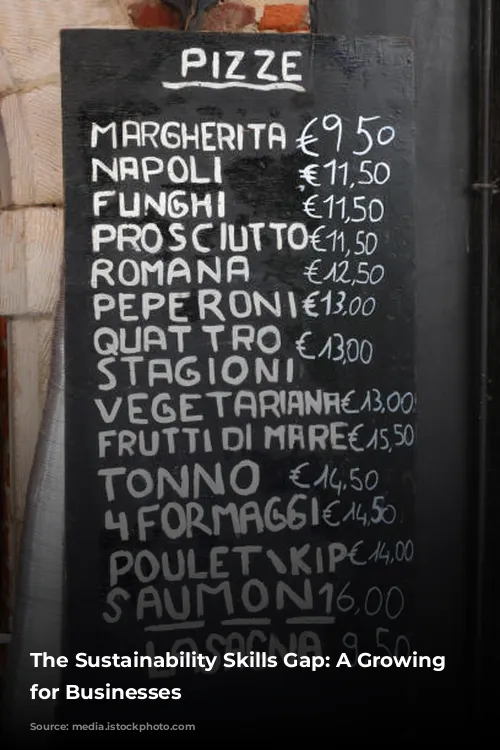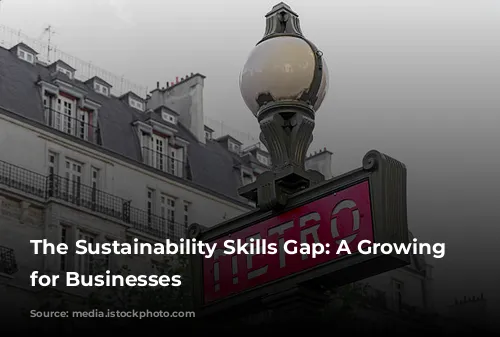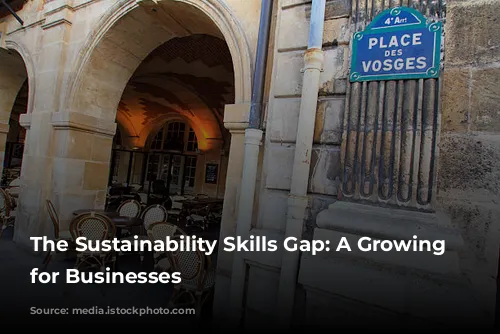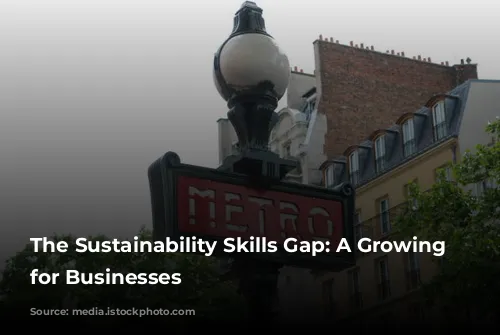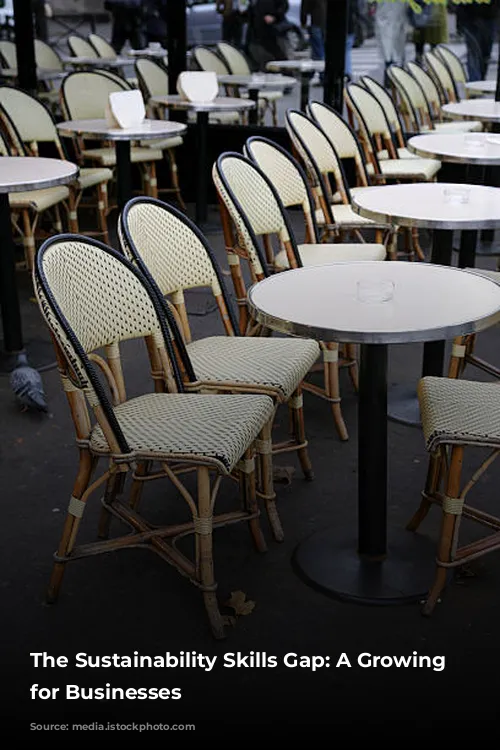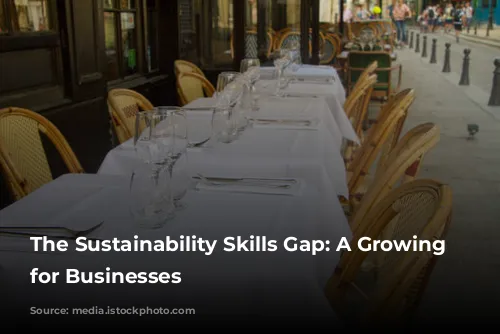The EU Green Deal: A landmark initiative aimed at making Europe climate-neutral by 2050, the Green Deal presents significant challenges to businesses. Many struggle to understand its implications, quantify costs, leverage incentives, and capitalize on opportunities arising from the shift towards sustainable economies. This is according to a recent survey by PWC on Business Readiness for the EU Green Deal.
This section highlights the challenges companies face in adapting to the Green Deal.
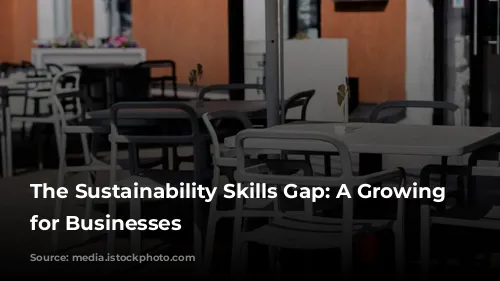
Unleashing Potential Through Sustainability Skills
The transition to a sustainable future requires a skilled workforce equipped with the knowledge and tools to implement sustainable practices. While many organizations acknowledge the importance of sustainability, a lack of readily accessible resources and skilled professionals often hinders progress. This is exacerbated by the growing pressure on businesses to demonstrate strong climate action plans and meet increasing sustainability standards. Without adequate training, sustainability initiatives can become overwhelming, potentially leading to greenwashing—where companies exaggerate their sustainability efforts.
This section explores the importance of sustainability skills and the challenges associated with their lack.
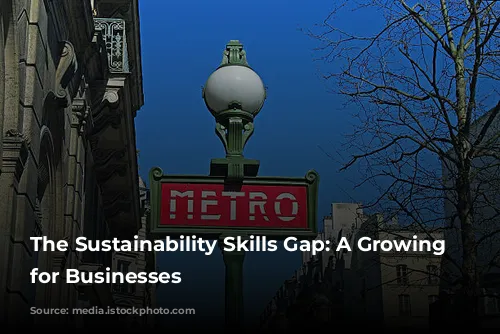
The Need for Upskilling Across the Board
The Green Skills Gap is a critical issue that must be addressed. LinkedIn’s Green Skills Gap Report underscores the need for upskilling current workers and integrating green skills into future generations’ education.
This section highlights the importance of upskilling in the context of the Green Skills Gap.
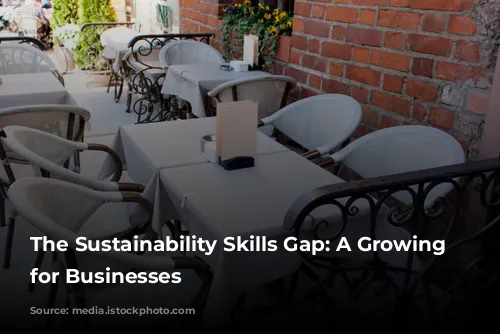
Beyond Regulations: The Urgency for Change
The call for sustainable practices extends beyond regulations. Consumers and workers increasingly demand businesses to demonstrate their commitment to environmental responsibility. This is evident in the growing trend of “climate quitters”, highly-skilled individuals who leave companies perceived as lacking in climate action.
This section emphasizes the importance of corporate sustainability beyond legal requirements.
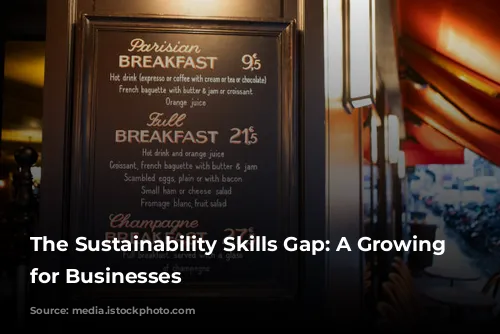
Addressing the Skills Gap: A Need for Action
While Master’s degrees in sustainability and circular economy provide valuable expertise, they are not the sole solution. The need for upskilling the entire global workforce is urgent, not just to comply with regulations but to drive business innovation and meet consumer expectations.
This section stresses the need for broader upskilling efforts in sustainability beyond traditional academic programs.
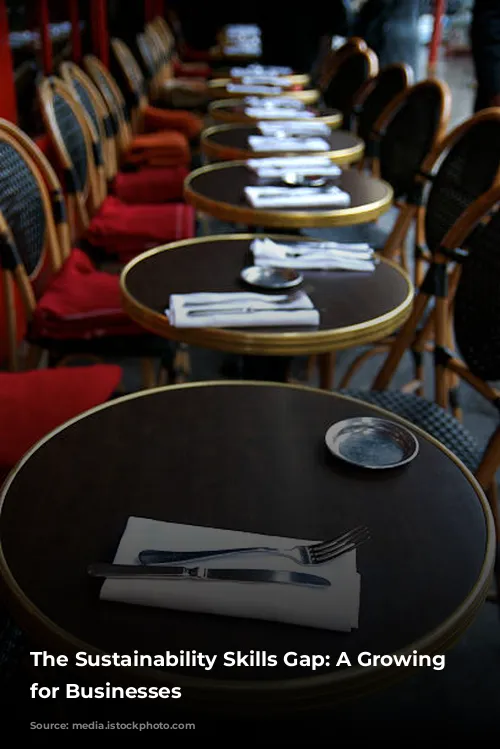
Filling the Gap: A Practical Approach
Just as we require engineers to build bridges and chefs to run restaurants, sustainability requires specialized skills. Companies need to invest in training programs that equip employees with essential tools such as environmental and social impact assessments, data analysis, and benchmarking methods. This will enable them to align with global standards, exceed regulatory requirements, and develop innovative solutions that advance the circular economy and climate-positive goals.
This section emphasizes the need for specific sustainability skills and highlights the gaps in existing online resources.
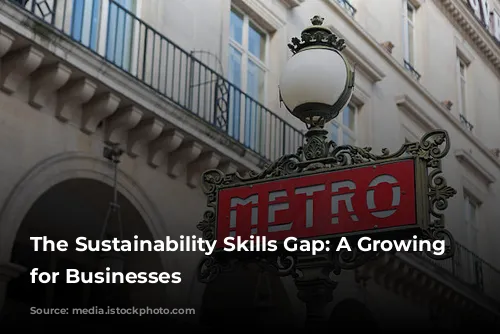
Closing the Loop: Learning from the Past
The importance of comprehensive training is evident in occupational health and safety (OH&S) practices. In many countries, easy-to-understand training modules have been instrumental in fostering a safety culture by ensuring knowledge retention and onboarding for new employees.
This section draws parallels with OH&S training to illustrate the need for effective sustainability skills development.
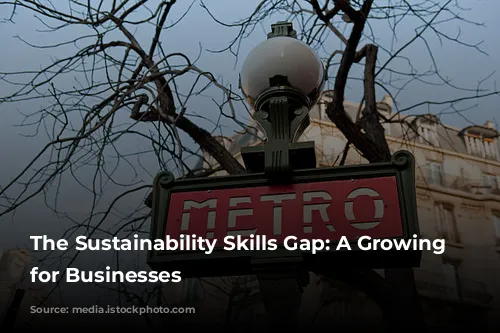
Swivel Skills: Bridging the Gap
Swivel Skills offers a solution by providing engaging, interactive, and bite-sized modules that equip individuals and organizations with the necessary sustainability skills. Our comprehensive approach includes written, audio, and animated content, interactive quizzes, and detailed progress tracking for managers. By providing certificates of completion, we demonstrate our commitment to building a sustainable future through education and upskilling.
This section introduces Swivel Skills as a solution to the sustainability skills gap, highlighting its unique features.
